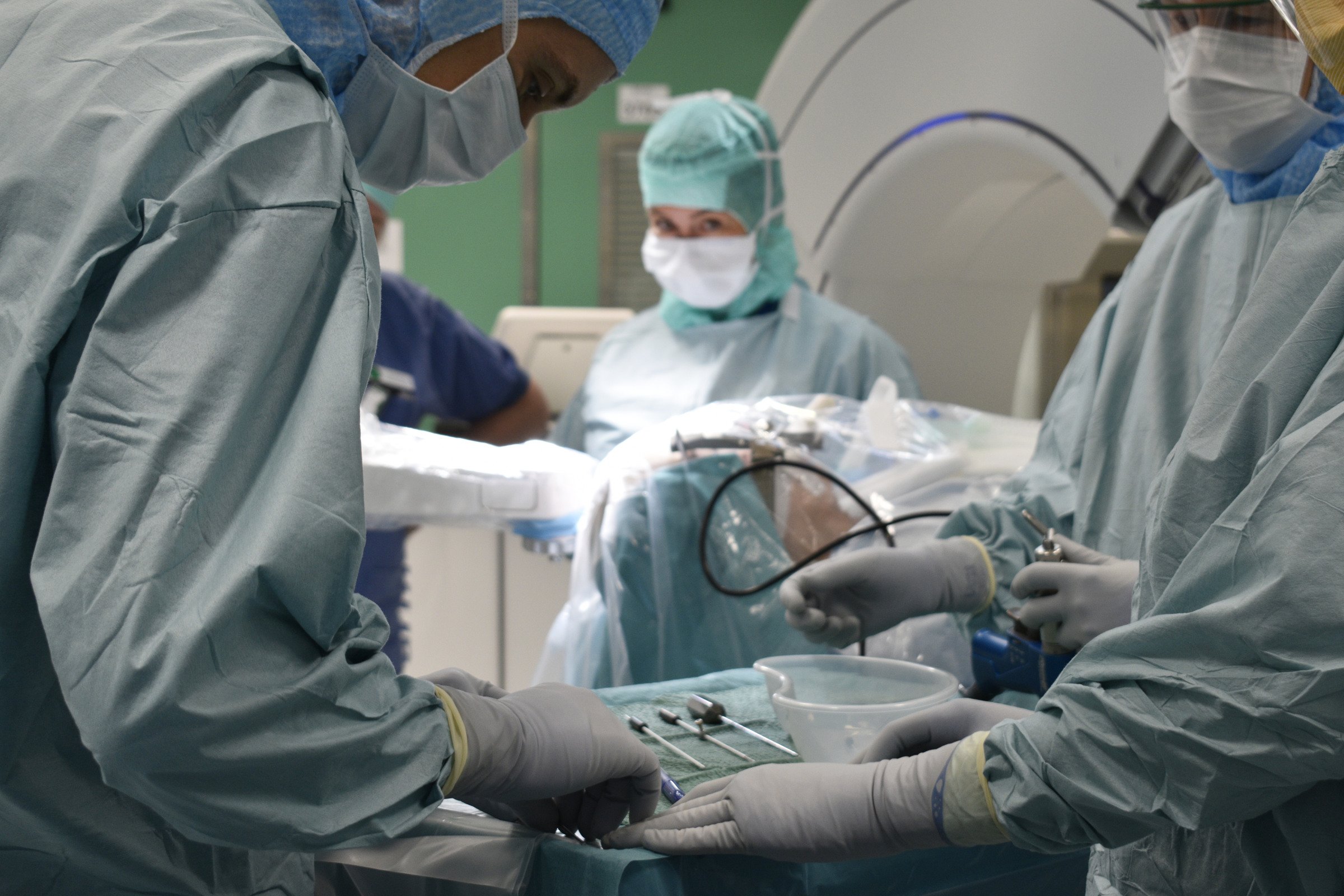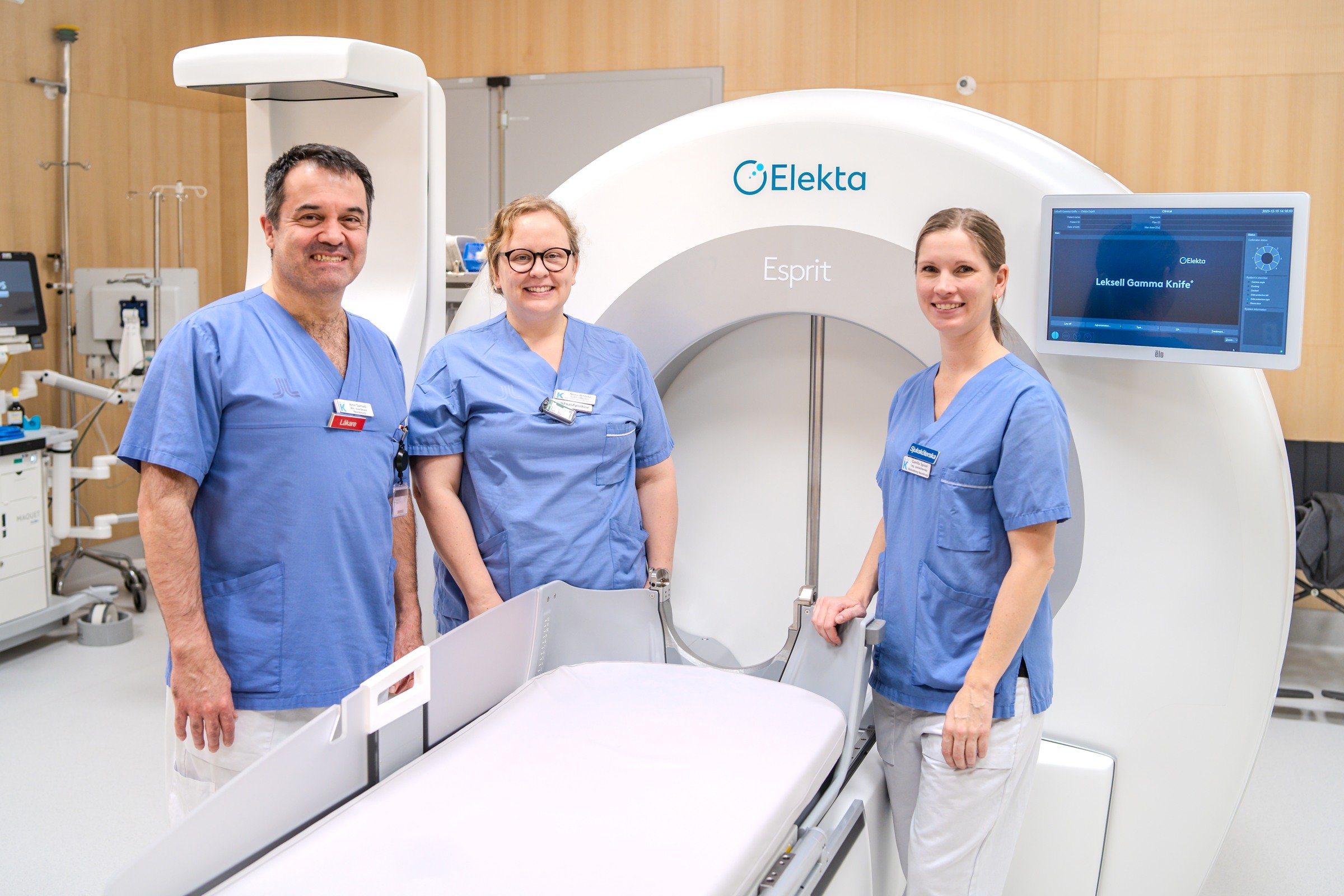Epilepsy
Epilepsy is a neurological disorder causing different types of seizures. Epilepsy is one of the most common severe neurological diseases that require regular drug treatment and healthcare contact.
About 81,000 people are currently diagnosed with epilepsy in Sweden. Anyone can develop the disorder, regardless of age or gender, but it is more common to develop epilepsy during the first year of life or after the age of 70.
Most patients with epilepsy can be treated successfully with medication, but around one-third of all patients develop what is referred to as drug-resistant epilepsy and continue to have seizures despite pharmacological treatment. In these cases, an epilepsy surgery investigation may be recommended to investigate whether the patient’s seizures can be reduced with the help of surgery.
Neurosurgery
Pioneers in modern neurosurgery with extensive collaborations worldwide. NeurosurgeryNeurology
We receive patients with neurological diseases that require more specialized assessment and care. Neurology
Center
Karolinska’s center for epilepsy surgery is the largest of its kind in Sweden, with about 25-30 surgical procedures per year. Our teams in neurosurgery, neurophysiology, neurology, and neuroradiology work together to offer both children and adults the best possible treatment in order to increase their quality of life.

Center
Since the invention of the Gamma Knife at Karolinska in the 1960s, we are the only hospital in the world with more than 50 years of experience treating patients with the device.